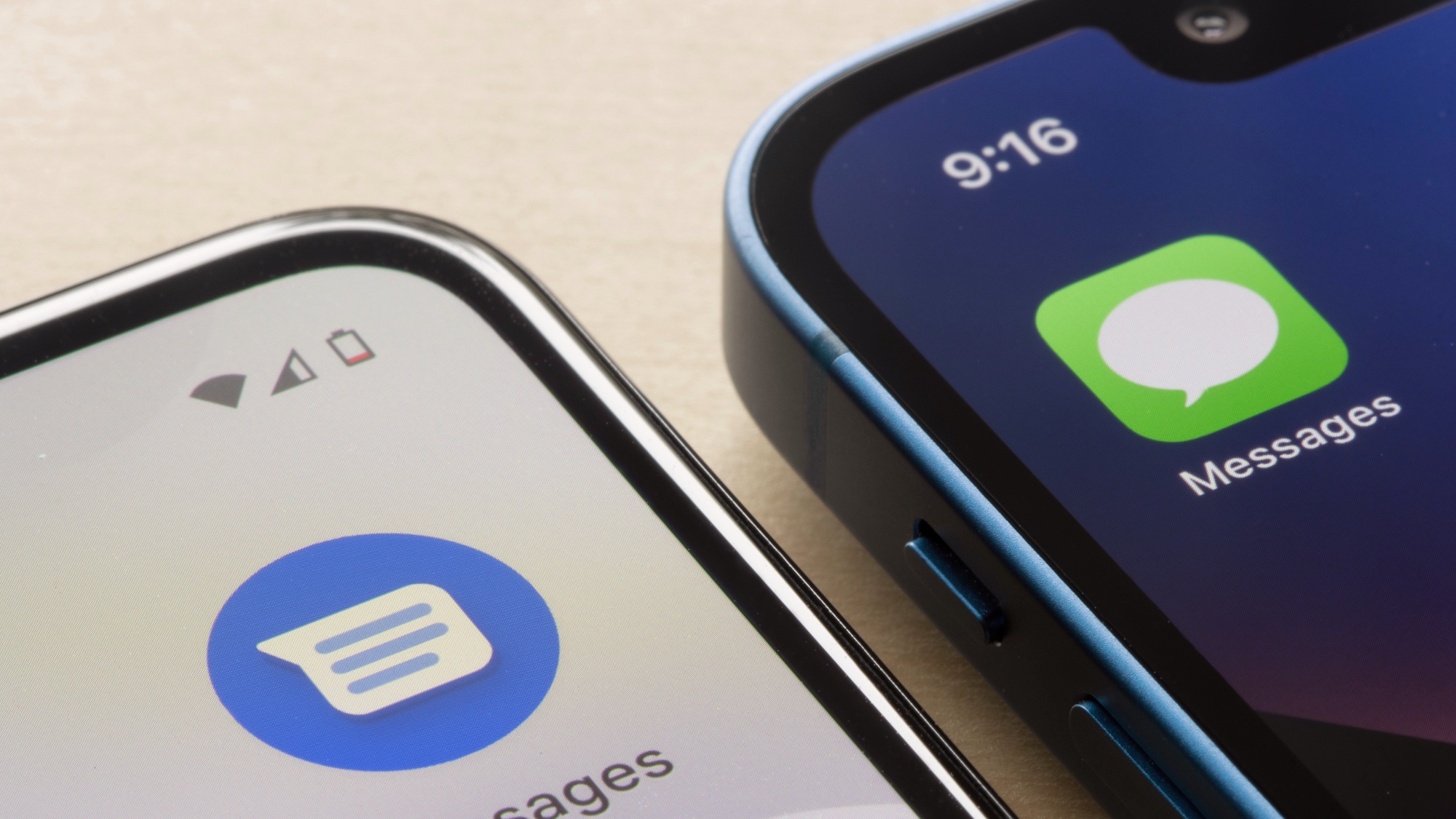iPhones may be getting RCS support because of China — not the EU
China's reportedly forcing RCS support form everyone

Apple bringing RCS support to iPhones is a warmly welcomed surprise — considering the company's previous stance on it being something that would never happen. Who made the team U-turn on this, though? It turns out that government pressure may be to blame, but not the government you probably expected.
According to John Gruber at Daring Fireball, the Chinese government may have been the entity that forced Apple to support RCS messaging. Apparently this could be due to the fact China is working on a new law (via Reddit) that would force 5G devices to support RCS if they want to be certified for sale in the country.
Gruber claims he can’t know for certain, but believes Apple would prefer to ignore RCS and continue refusing to support new messaging protocols. But China is a huge phone market, and Apple managed to top last year with a 17.3% market share — a record-high for the company.
Needless to say, any profit-driven business would be spectacularly stupid to throw all that away over by stubbornly refusing to improve inter-platform communication between iPhones and Android. Withdrawing would lead to a huge hole in profits, and that means the only other option is to abide by the government's new rules.
Many had assumed that the EU, and the then-impending threat of the Digital Markets Act (DMA) may have pushed Apple to support RCS. However, since the EU recently confirmed that iMessage isn’t big enough to be a "core platform service," it left experts looking to this new law in China as the reason behind Apple's conversion.
WhatsApp and Facebook Messenger weren’t so lucky, and will need to offer some third party support in future. It’s not clear what, if any, impact Apple’s announcement regarding RCS will have played in this.
So if you’re happy about RCS coming to the iPhone like we are, you can probably thank the Chinese government for it. We don’t know when support for the protocol will come to iOS, aside from it happening before the end of this year, but it would make sense that Apple would introduce it alongside iOS 18 in the fall.
Get instant access to breaking news, the hottest reviews, great deals and helpful tips.
No doubt we’ll hear more about those plans when iOS 18 makes its first public appearance at WWDC in June.
More from Tom's Guide

Tom is the Tom's Guide's UK Phones Editor, tackling the latest smartphone news and vocally expressing his opinions about upcoming features or changes. It's long way from his days as editor of Gizmodo UK, when pretty much everything was on the table. He’s usually found trying to squeeze another giant Lego set onto the shelf, draining very large cups of coffee, or complaining about how terrible his Smart TV is.
 Club Benefits
Club Benefits





